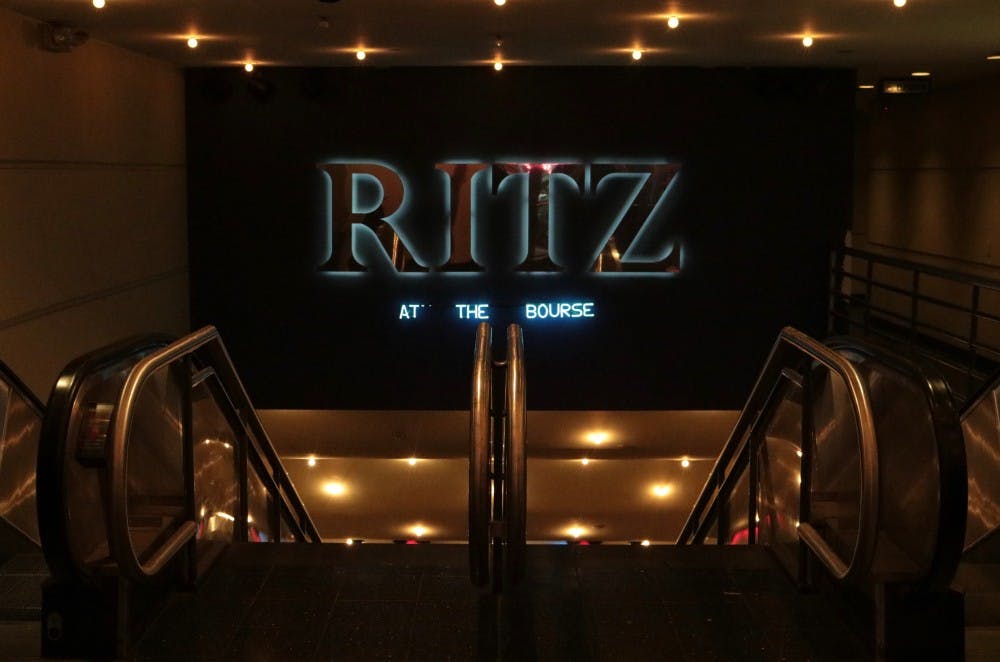If there is a limit to how dark the subject matter of a black comedy can be without contaminating its humor, then The Death of Stalin pushes right up against that limit. The film holds itself together by containing its tone, neither ignoring nor elaborating too deeply on the ever–present background atrocities concurrent with the wildly dysfunctional antics of its main characters. At least for me, this approach worked like a charm. Despite my full awareness of the arrests, gulags, and executions that the audience was frequently reminded of (if only briefly), the film had my sides aching by the time it reached a violent conclusion.
The main narrative of the film follows Stalin’s band of bureaucratic cronies, performed by an all–star cast that includes Steve Buscemi, Simon Russell Beale, and Jeffrey Tambor (who keep their natural accents despite playing Russian characters). Their characters fall into a vicious power struggle after the death of their dictatorial leader. The movie, which is based off of a graphic novel, is embellished with intelligent humor, but its roots in reality elevate it to a level of contemporary relevance.
The Death of Stalin pulls no stops in acquainting audiences with its dysfunctional, darkly comedic world of one–liners and bumbling buffoonery from the get go. The film, directed by Armando Iannucci, opens up with what feels like an elaborate absurdist gag—more a device for setting the satirical tone of the film than for painting an accurate historical picture. It goes that after a recital, performed for Radio Moscow, is discovered to have gone unrecorded despite Stalin’s request, a station employee scrambles to put the concert back together as best he can. This haphazard unfurling of events is a pattern repeated consistently throughout the film, often to satirize the logical gaps and bureaucratic inefficiencies of the country the main characters are running. Although it is exaggerated and not part of the narrative of Stalin’s death, the opening sequence at the radio station is based quite closely on an actual event.
Perhaps, it is the anachronistic New York accent of Steve Buscemi, who plays Nikita Khrushchev, that makes the film feel further from historical reality than it actually is. With its consistent stream of gags that balance wit and slapstick humor, The Death of Stalin’s aim isn’t to distort or obscure history so much as to create an overarching tone of absurdity. This serves as a lens through which to view the real historical events that inspired the film. It could be argued that this tone minimizes the suffering endured by the Soviet people under Stalin’s reign. However, this is a well–executed satire that directs its jokes decisively toward the individuals and institutions that exacted this cruelty—and, oh man, does it do a phenomenal job.
The film has been described by many as timely due to its portrayal of political figures engaged in chaotic scandal, proxy leadership ploys, and the messy dysfunctionality that threads all the humor and horror of the narrative together. To put a cherry on top of it all, The Death of Stalin is banned in Russia, a decision justified by describing the film as part of a Western effort to destabilize Russia on a cultural front (sound familiar?). If there were ever a time to revisit Stalinist Russia through a sharp–witted political satire, it’s now.
‘The Death of Stalin’ is now playing at the Ritz Five.

